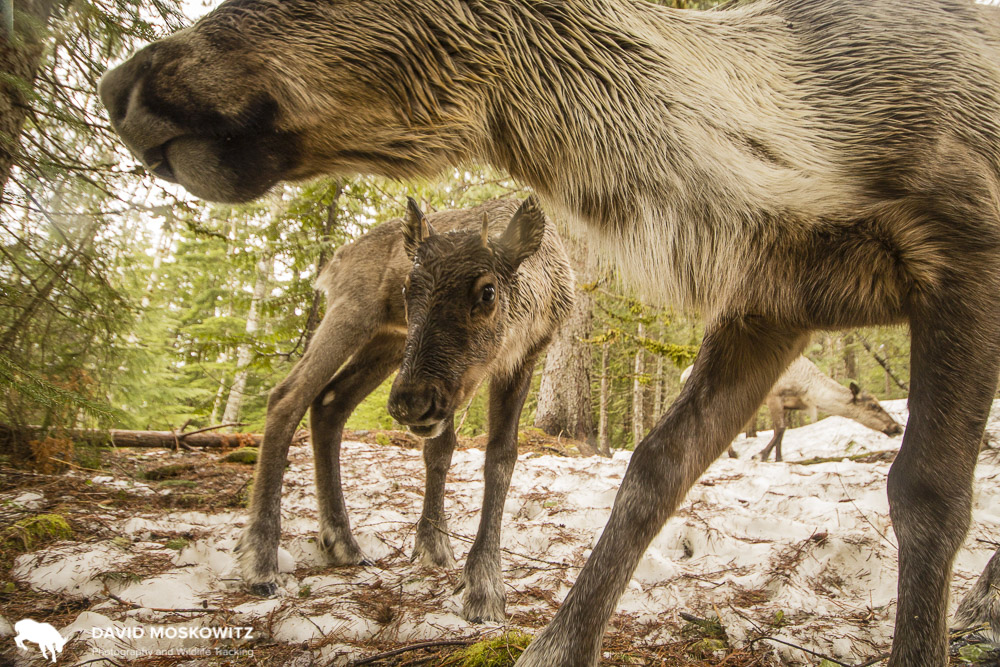
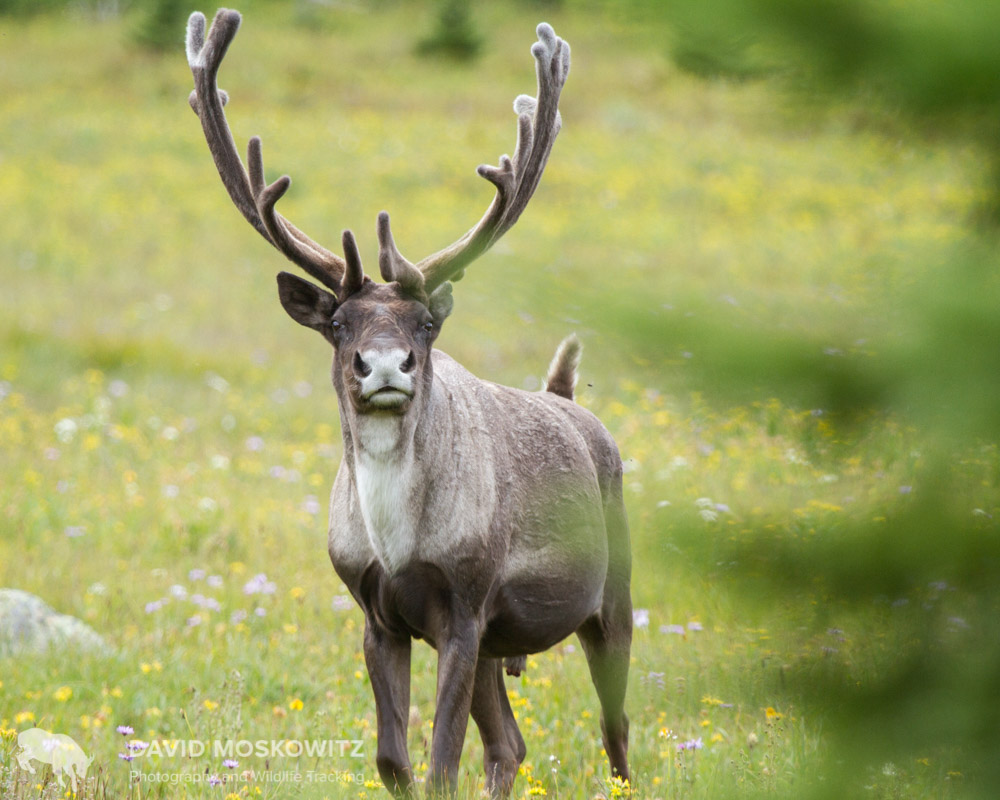
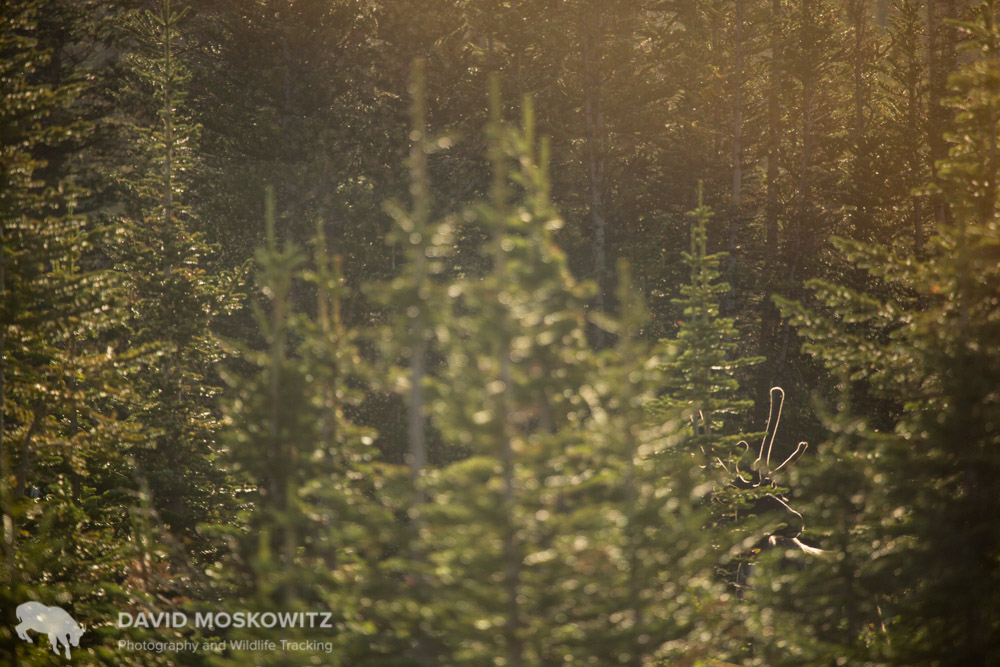
Mountain caribou are a distinct ecotype of woodland caribou which can be found across the boreal forests of North America.
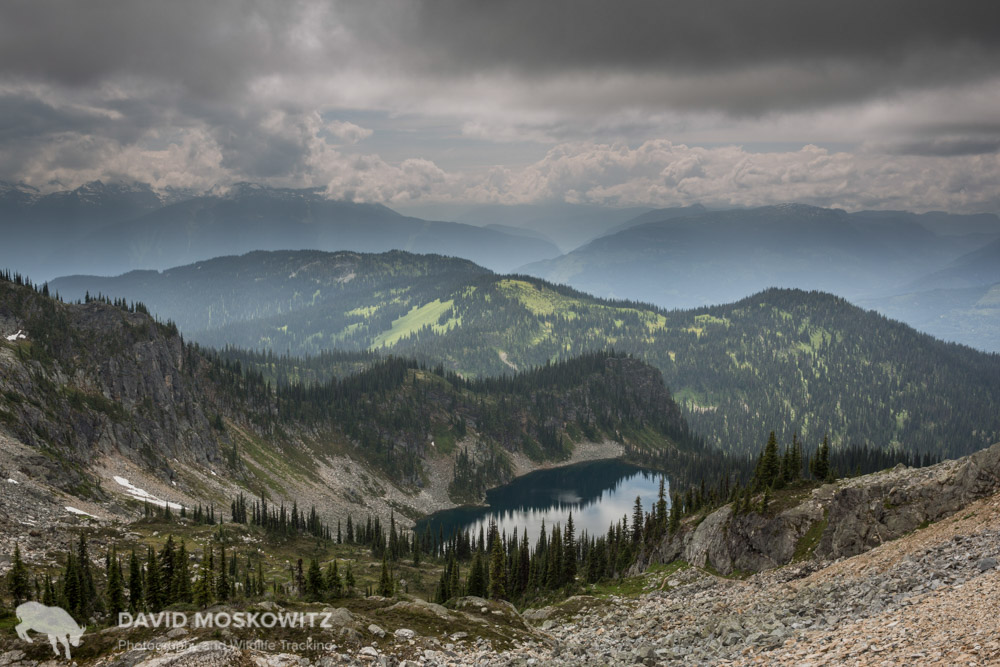
Despite the protection in a national park the South Columbia herd has diminished to just 5 animals from over 200.
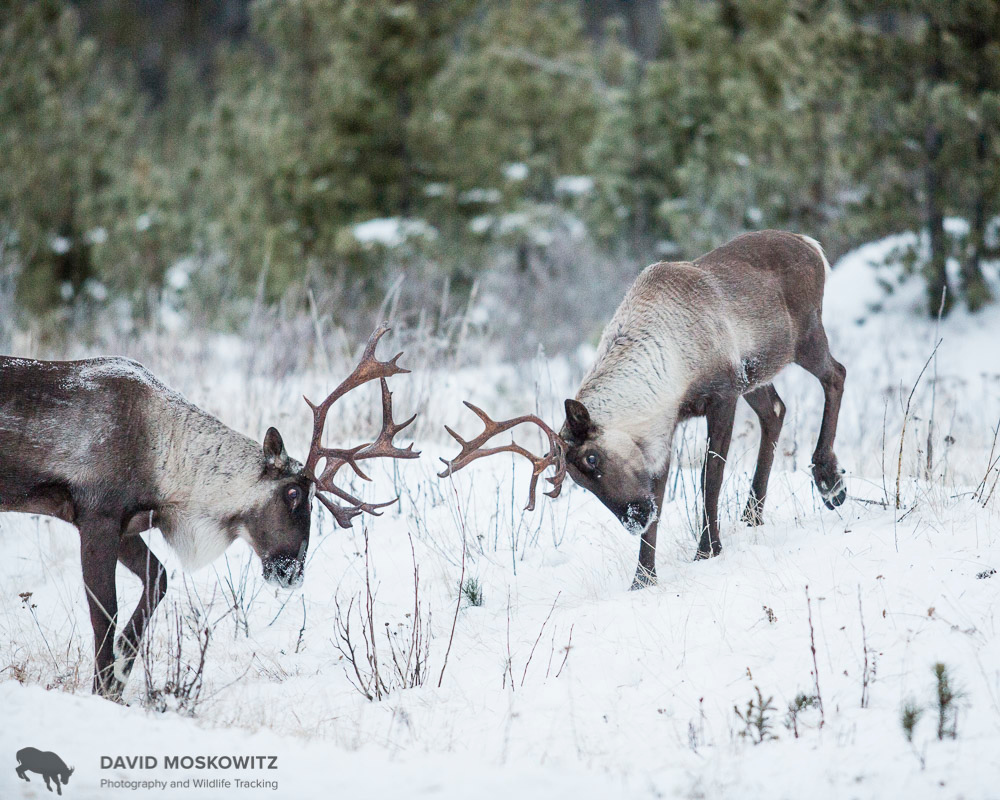
Two bull caribou squre up to spare. Hart Range, British Columbia
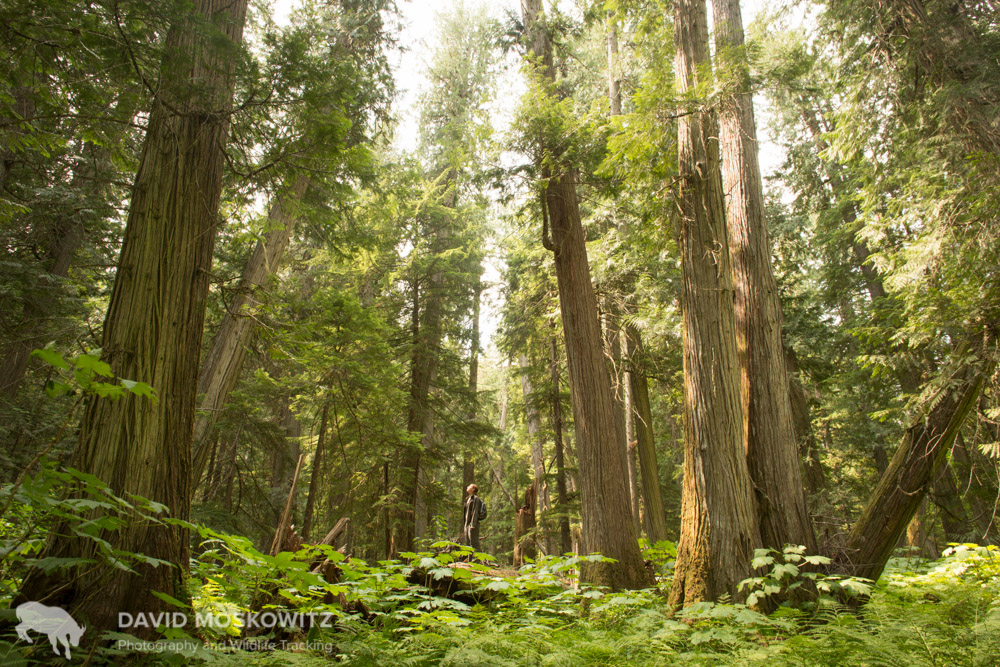
Old growth rainforests such as this one are highly valuable fall and spring habitat for mountain caribou, and for their valuable timber from the forestry industry. Trout Lake, British Columbia.
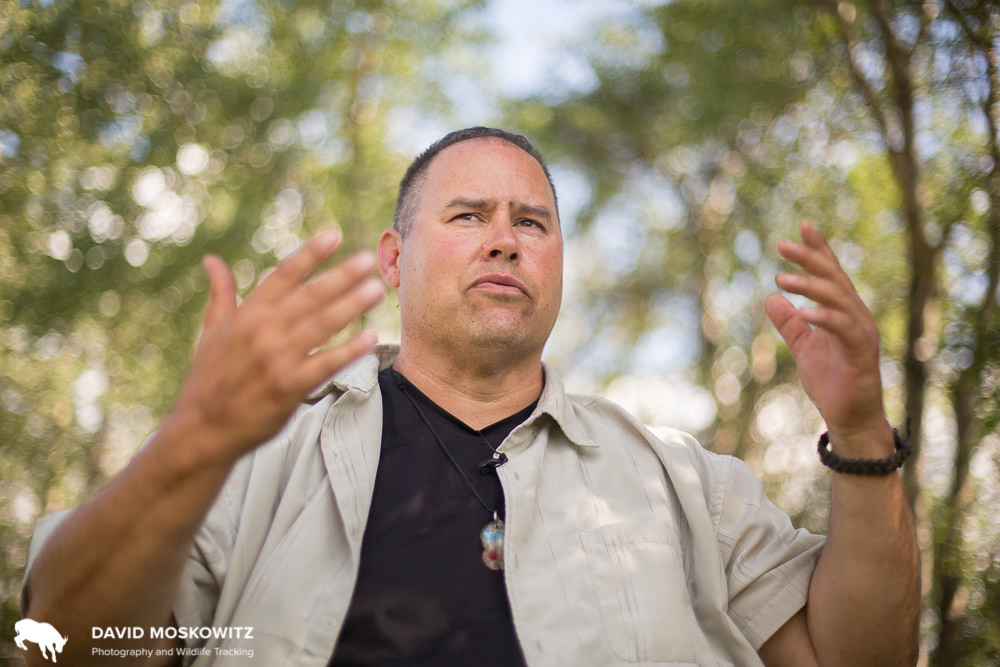
“We’ve been here 10,000 years, we're not going anywhere. We're gonna be here long after the province is done raping and pillaging the resources out of this land, and we're the one’s gonna be here cleaning up the mess that they've made” - Roland Willson, West Moberly Dunne-za Chief. Today, hundreds of years since Columbus first arrived on this continent, the West Moberly and neighboring First Nations continue to battle colonial infringement on their traditional territory, most notably in their ongoing battle to stop the Site C dam project on the Peace River in British Columbia, Canada.
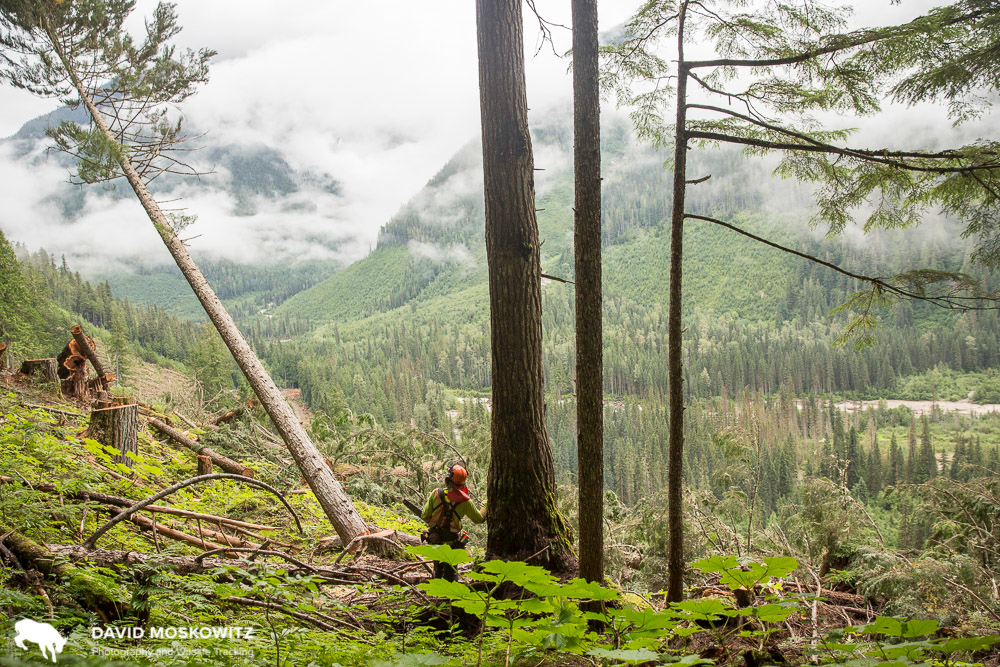
Logging of old growth rainforest continues throughout the Canadian portion of the Caribou Rainforest. Northern Selkirk Mountains, British Columbia.
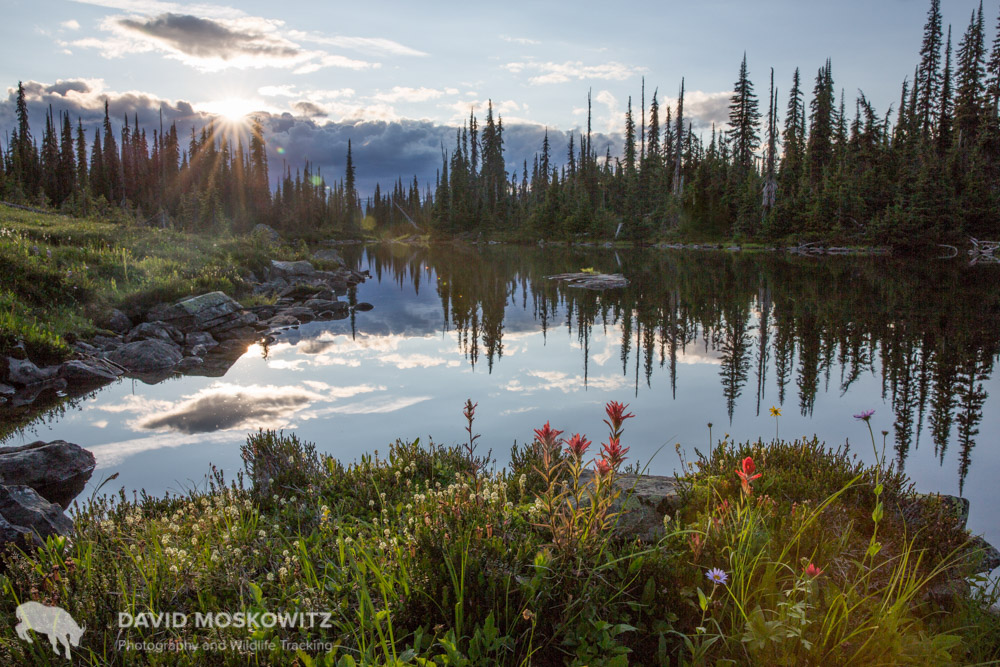
Summer mountain caribou habitat. Columbia Mountains, British Columbia.
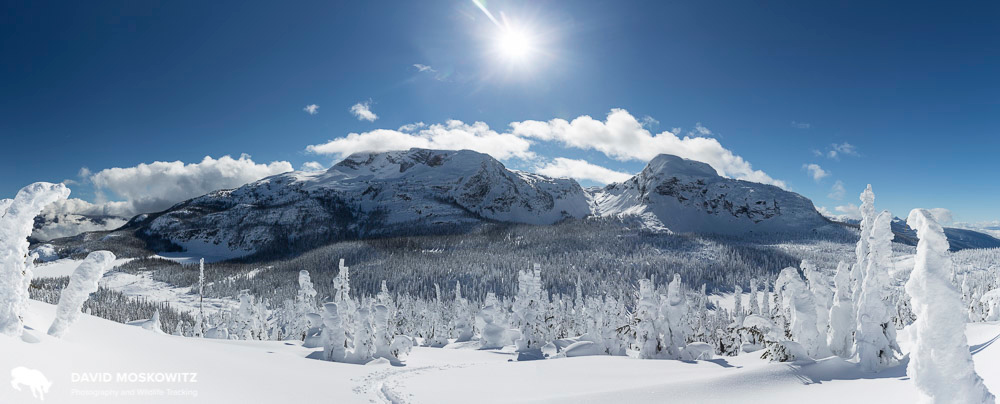
Home range of the North Columbia herd in winter. Monashee Mountains, British Columbia.
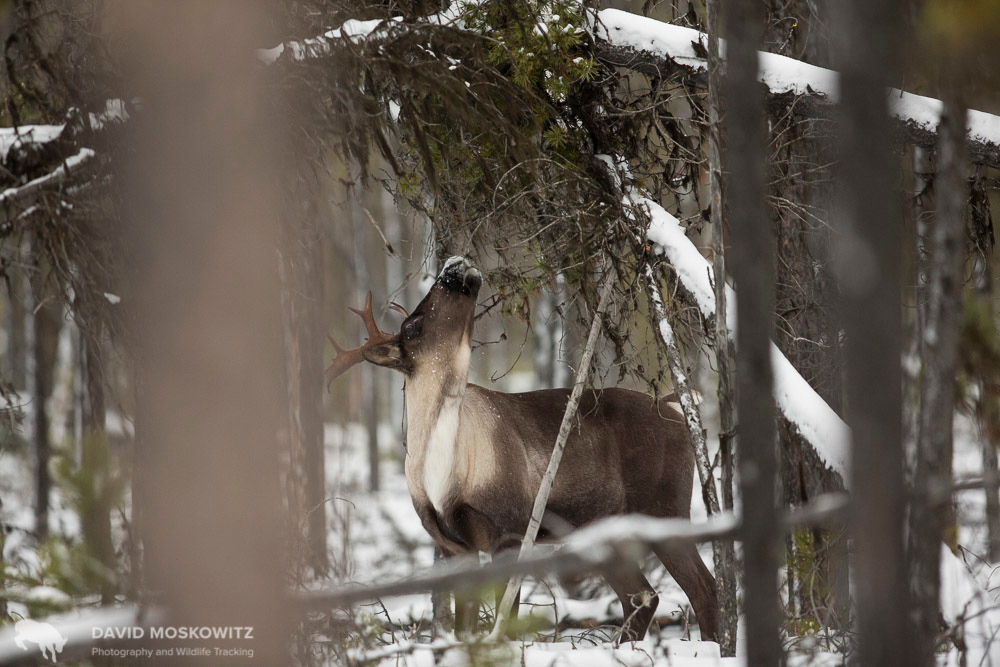
Tree lichens are a vital found source for Mountain caribou in the winter throughout their range. Hart Mountains, British Columbia.
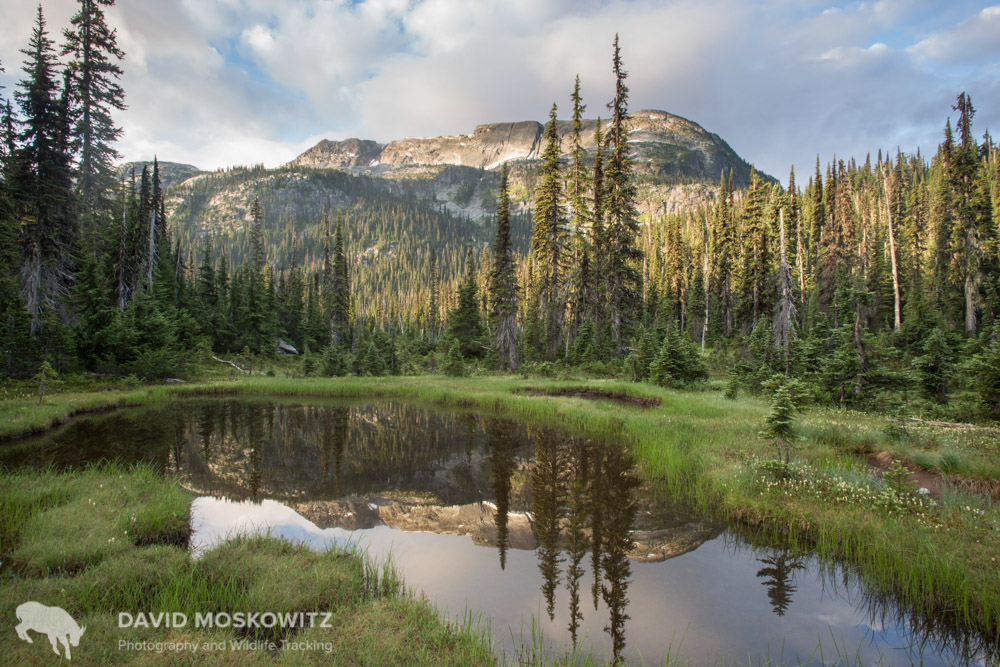
Summer mountain caribou habitat. Columbia Mountains, British Columbia.
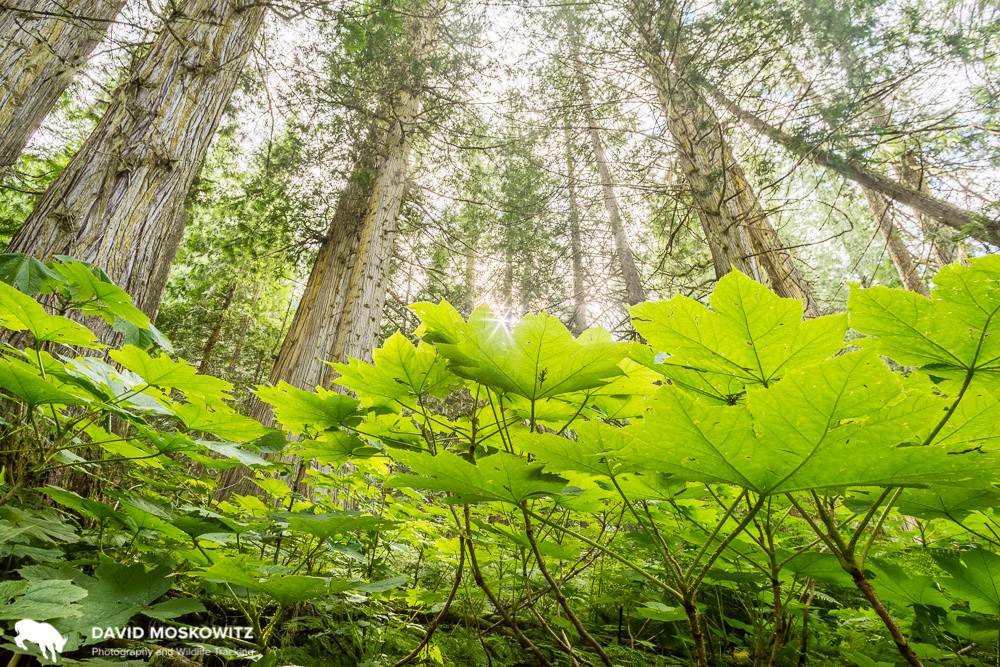
Ancient inland rainforest on the eastern slope of the Northern Cariboo Mountains. A rare bright spot in protection of low elevation forests in the region, this forest was slotted to be logged until locals took action and forced the province to set it aside.
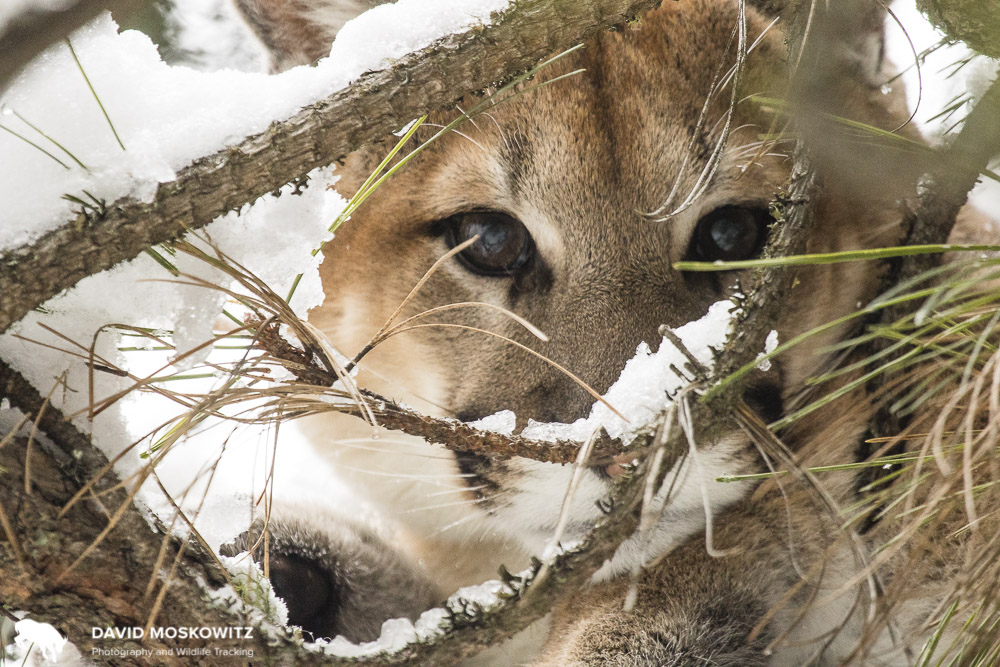
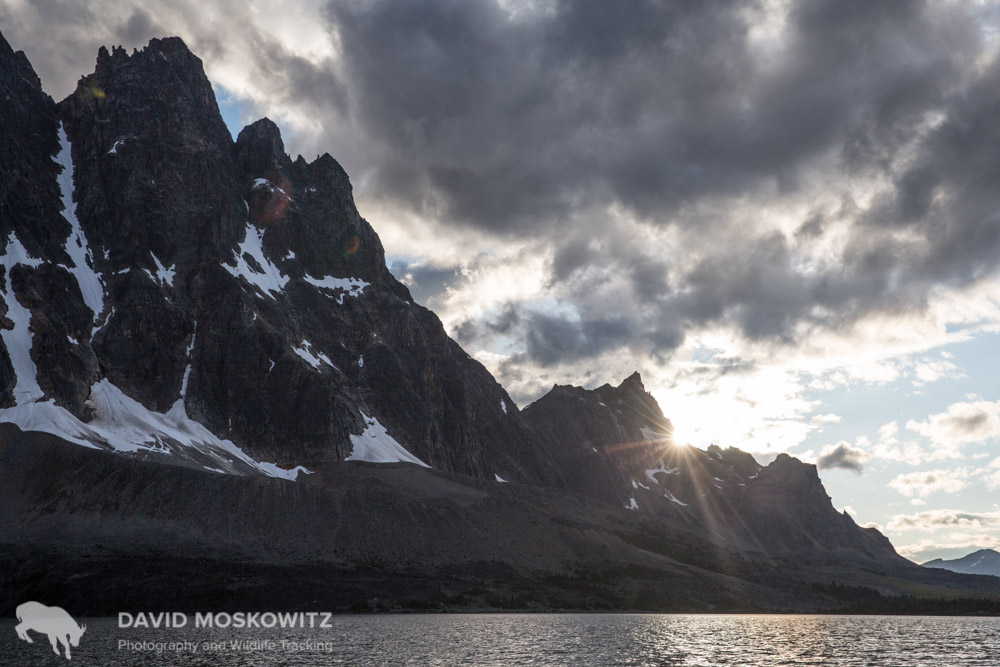
Sunset in the Tonquin Valley, home of the largest, though diminishing herd of mountain caribou in Jasper National Park, Alberta.
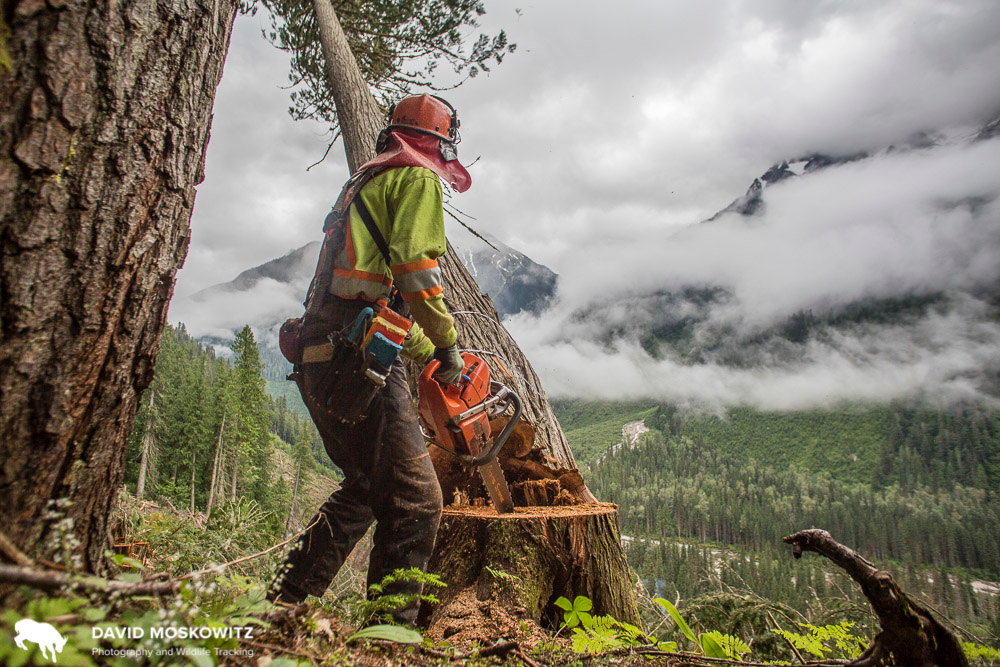
Feller David Walker dropping a rotten hemlock tree in old growth forest in the Northern Selkirk Mountains, British Columbia. Hemlock trees from this logging operation were destined for a pulp mill in Castlegar British Columbia.
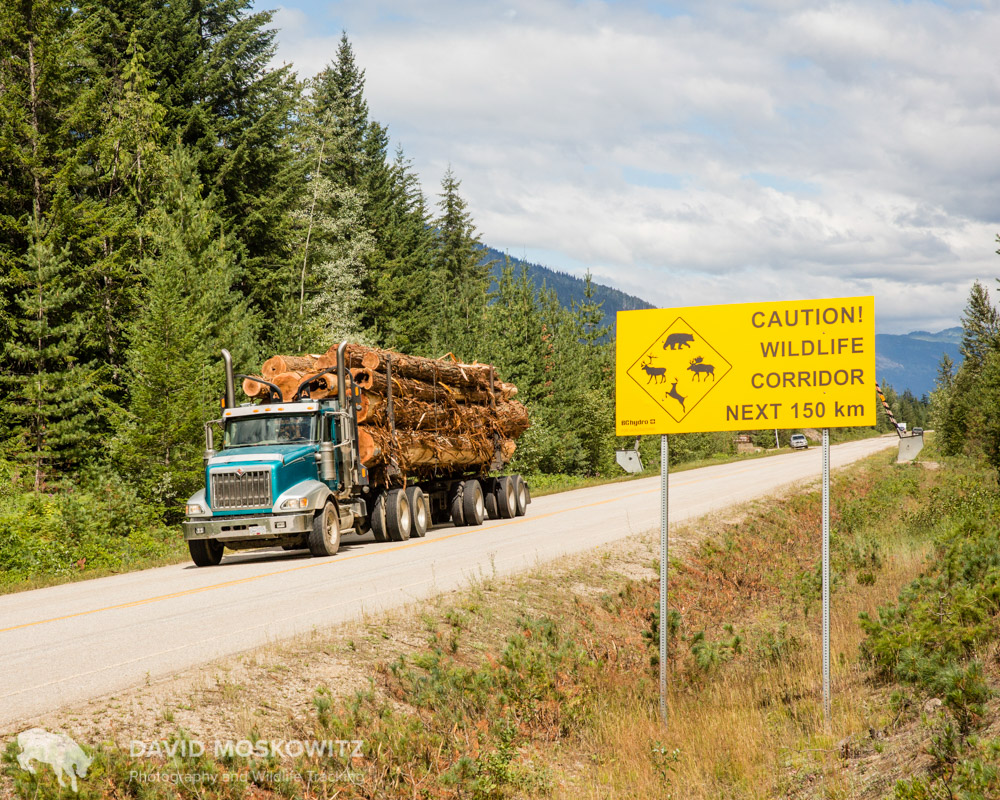
Old growth western red cedar trees heading down the road out of caribou country. Columbia Mountains, British Columbia.
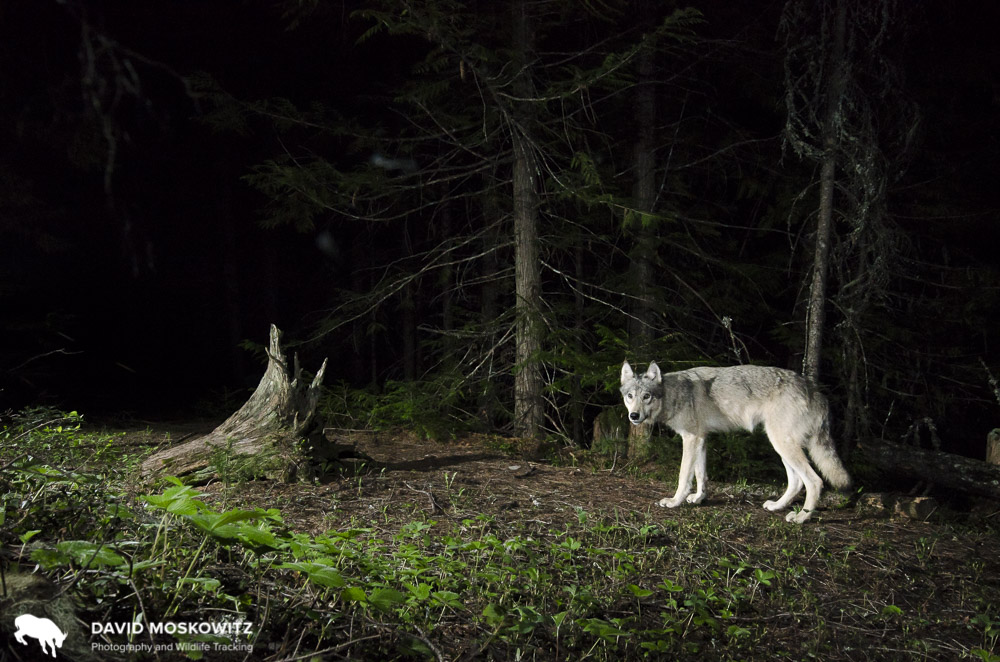
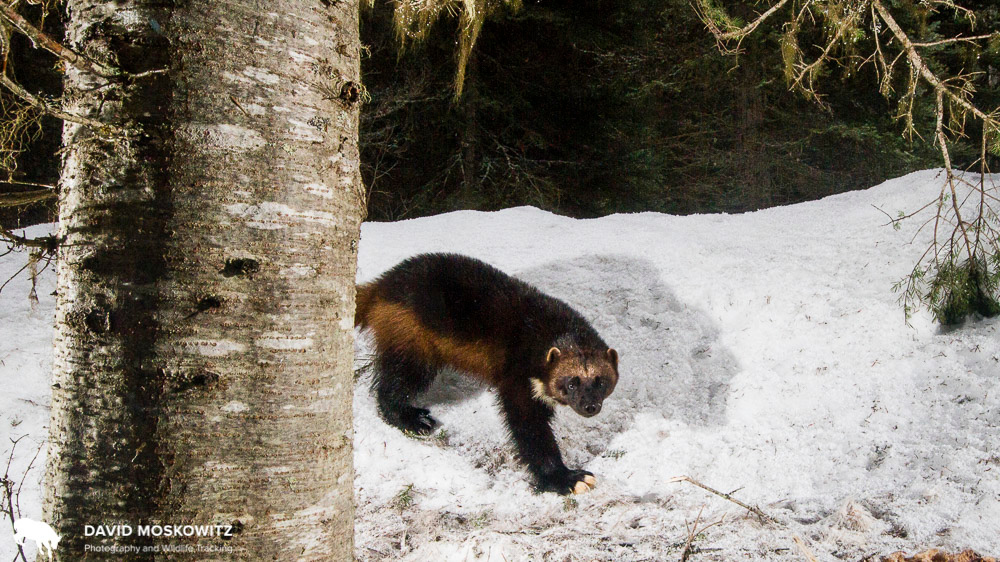
Wolverine in historic mountain caribou habitat in northwestern Montana.
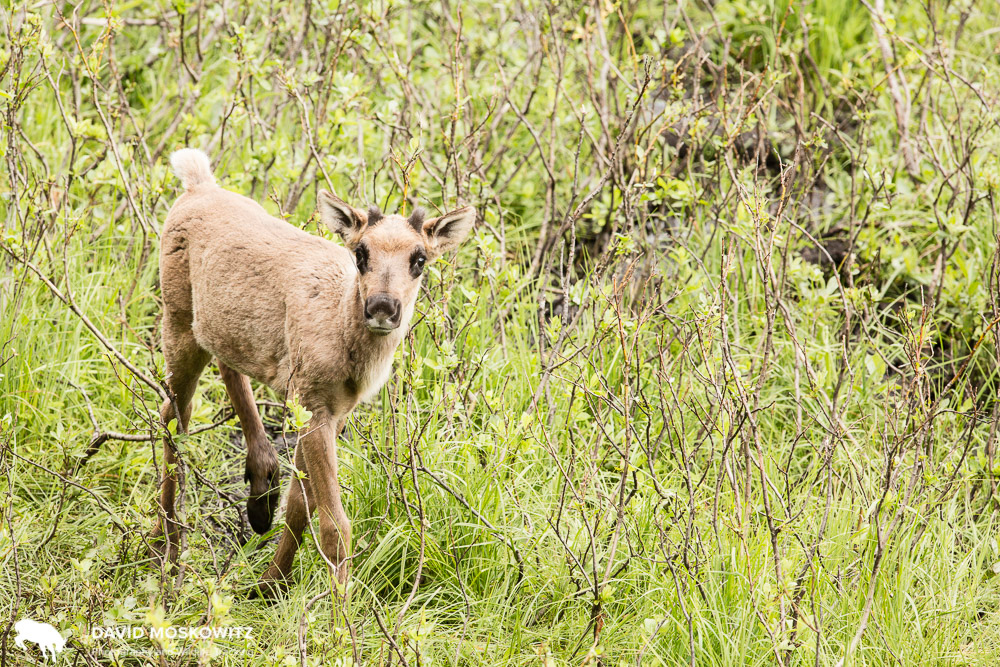
A caribou calf in the Klinse-za maternity pen, one of two attempts in BC to protect pregnant females and young calves from predators during their must vulnerable time of the year.
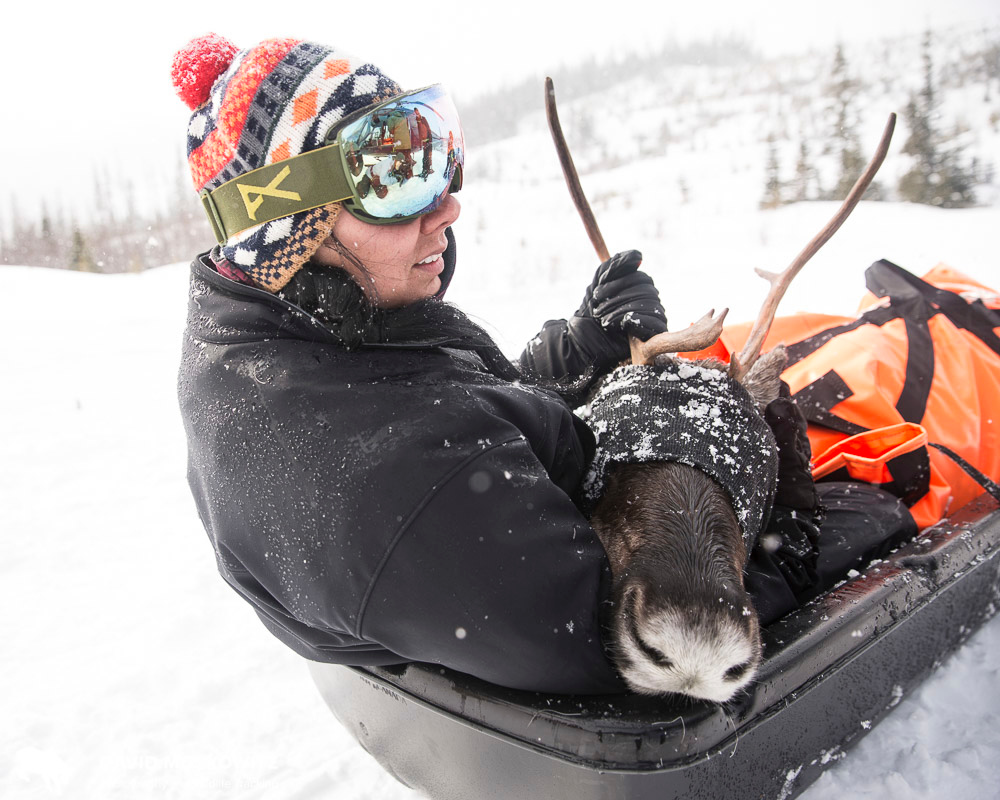
Saulteau First Nations biologist Naomi Owens helps transport a pregnant mountain caribou to the Klinse-za maternity pen being opportated jointly by two First Nations and the province of British Columbia in the Hart Range.
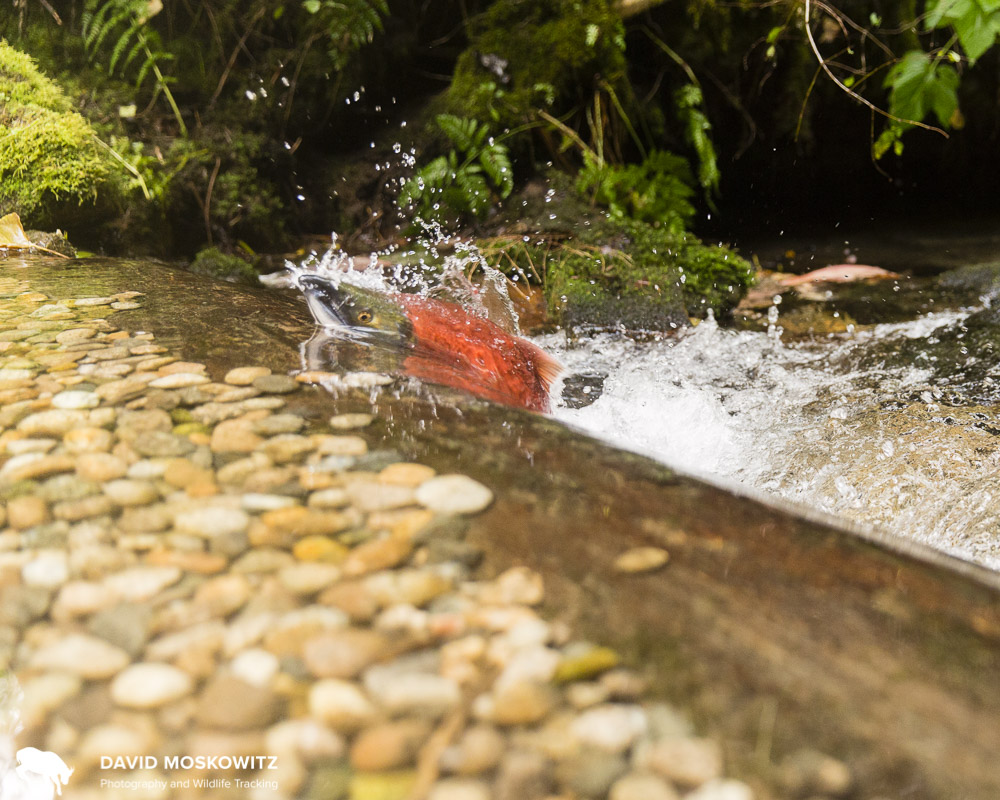
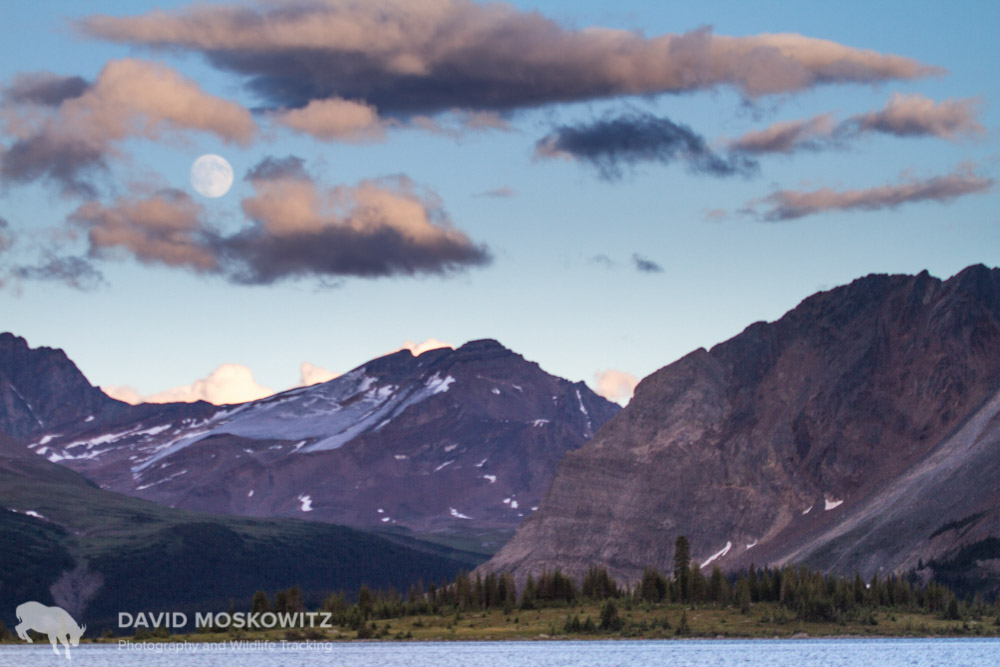
A full moon rises over a dying glacier in the Canadian Rockies. Climate change is affecting the ecosystem that mountain caribou call home. Alberta.
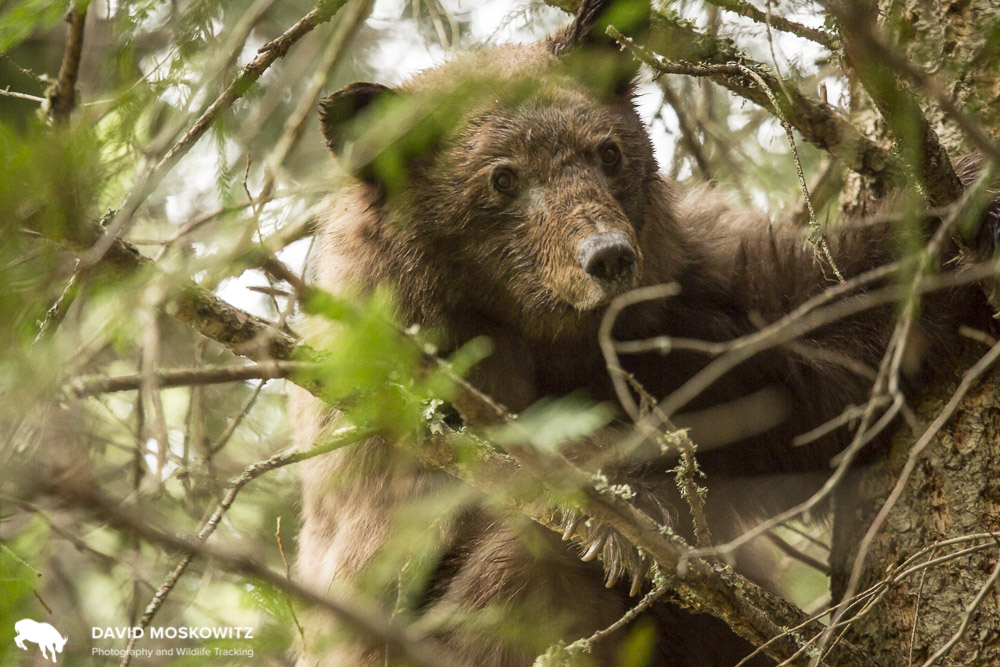
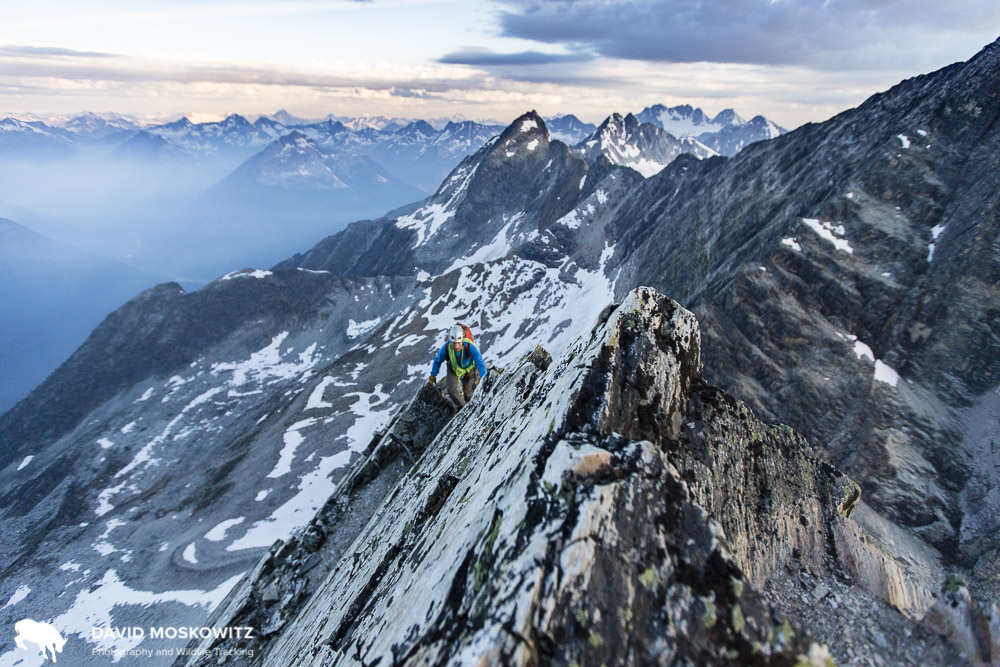
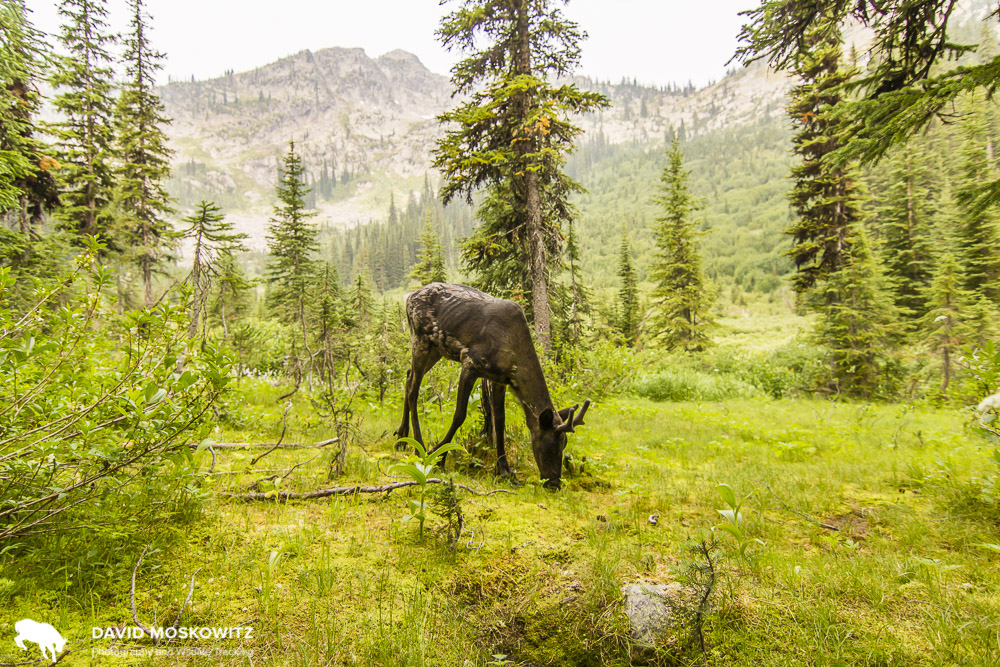
1
2
3
4
5
6
7
8
9
10
11
12
13
14
15
16
17
18
19
20
21
22
23
24
25
26
Previous
Next


























